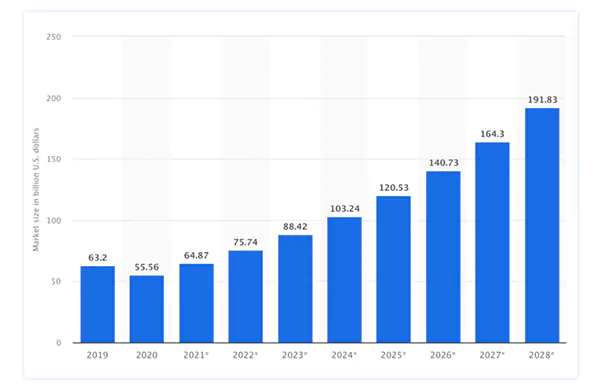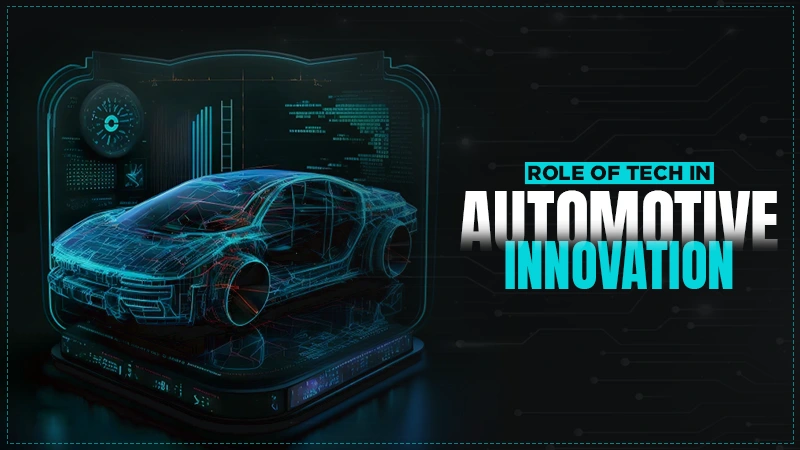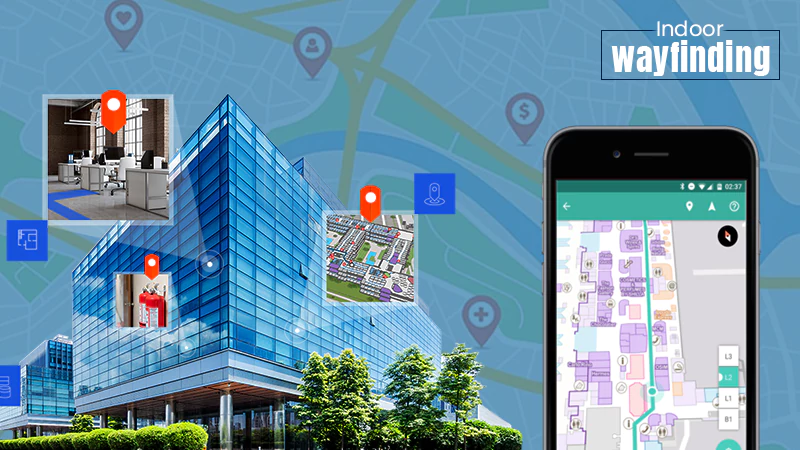
Driving from one place to another is undergoing a revolutionary transformation. Using high technology in cars has always been a niche sector slowly infiltrating markets with small car manufacturers.
With the focus on integrating AI and at the same time businesses that are ready to participate in climate consciousness, the entire industry is rapidly changing. Approximately, in the next five years, commuting may become more sustainable and convenient.
Those looking to witness firsthand the impact of technology on the automotive industry can explore a wide range of technologically advanced vehicles at SCA.Auction. Moreover, delivering food by drones and air taxis has already become a reality, greatly reducing time and traffic delays.
In this article, we will delve into the several advanced tech automation that are already steering the auto industry into a smarter future.
The Advent of Automation and Robotics in Manufacturing
Gone are the days of dealing with ‘nuts’ and ‘bolts’, now the world is embarking on a journey where robots are being used from the manufacturing units to the final customization of a vehicle.
Big as well as small car production units are eager to speed up their overall growth process. By integrating updated software, the companies are utilizing repetitive and storage tasks to improve precision and efficiency.
This process has a positive impact on the revenue by a higher production with improved quality and reduced manufacturing costs.
DO YOU KNOW?
Experts are conducting experiments to utilize hydrogen power as a promising alternative fuel for clean mobility. This efficient fuel cell technology turns hydrogen gas into electricity without generating emissions other than water vapor.
The Rise of Electric Vehicles (EVs)
The shift towards using electric vehicles is on the exciting verge of expanding further. Brands like Tesla, General Motors, Ford, and Hyundai have already jumped on the bandwagon attracting many investors.
With advancements in battery technology, EVs will soon become more affordable covering long distances without any fuel hassle. Shorter charging cycles and comfortable seating strategies are creating an option for middle-class families as well.
They represent a shift from the traditional way of fueling which reduces carbon footprint by providing a more eco-friendly alternative.
Autonomous and Connected Vehicles
Self-driving is now a reality with many countries like Singapore, San Francisco, and Phoenix among the few who already offer self-driving taxis. This has become possible with advanced AI and sensor technology, and machine learning that has made navigation seamless.
When vehicles are well-connected to the internet, it allows real-time data sharing, enhancing vehicle maintenance as well as improving safety.
The Impact of Digitalization
Another significant area of the automation industry that has been solved by digitization is the customer experience.
From the launch of a new car, shopping online for vehicle insurance, to digital showrooms has shifted online.
Technologies like augmented reality (AR), and virtual reality (VR) are being used to provide an immersive experience, allowing customers to customize their cars in a virtual environment.
Advanced Safety Features
Security and safety features are always given priority in the automobile sector. Customers want and expect the best security while driving for themselves and their families.
Smart tech mechanisms like adaptive cruise control, lane departure warnings, automated emergency braking, and blind-spot detection are already being included resulting in a decrease in road accidents.
It is estimated that in 2020, connected cars to 5G were roughly sold at 47.5 million dollars. This is expected to grow to $191.83 billion by 2028 as seen in the graph below.

The Integration of AI and Big Data
The biggest transformation that every industry is adapting in their businesses is AI for big data analytics. Now, a software integration in your vehicle that’s connected to an app, will inform you and the car manufacturer about maintenance and repair requirements.
Companies also use AI algorithms to optimize supply chains and assist in designing cars. Car and automobile dealers can utilize data analytics to understand consumer preferences and market trends to improve their production quality.
Sustainable Manufacturing Practices
With the focus on following best industry lead practices, manufacturing companies are eager to provide the best services and experience to the customer. They have seen marked improvement in productivity and efficiency when renewable energy sources are used.
Creating a better fuel quality grows the life of the vehicle but apart from that, it helps in production plants, recycling initiatives, and the development of eco-friendly materials reducing overall costs.
The Future of the Car Industry
The automotive sector is becoming smarter, making it convenient for drivers to maintain their vehicles and support climate warriors as well. Technologies like 5G connectivity, advanced batteries for EVs, and the integration of smart city infrastructure will soon change the experience of traveling anywhere.
From designing a car to the production level, manufacturers are reaping the benefits of innovation that assists humans and speed up the car-making process.
Safe navigation attracts a lot of locals, visitors, and tourists to explore owning and rental options.
Conclusion
In the car enterprises, technology is a big influence in marketing and manufacturing. The end-user experience plays a vital role and therefore, a comprehensive understanding of the overall process helps brands showcase their capabilities to move with the trend.
For those interested in seeing the latest technological marvels in the automotive world, places like the SCA auction offer a glimpse into the future of cars, showcasing how technology continues to drive the industry forward.







